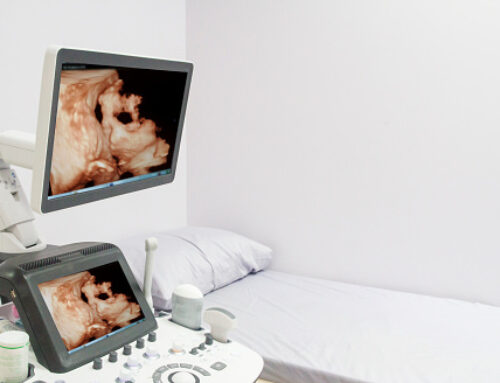Ultrasound technology has revolutionized the way doctors monitor pregnancies and the health of the fetus. Two common types of ultrasound are the 3D and 4D ultrasound. While they may sound similar, there are some key differences between the two.
3D Ultrasound:
A 3D ultrasound, also known as a three-dimensional ultrasound, uses high-frequency sound waves to create a three-dimensional image of the fetus. This type of ultrasound is used to create a more detailed picture of the fetus and its features, allowing parents to see their baby’s face, fingers, and toes more clearly. It is typically performed during the second or third trimester of pregnancy and can be used to detect any abnormalities in the fetus.
4D Ultrasound:
A 4D ultrasound, also known as a four-dimensional ultrasound, is similar to a 3D ultrasound in that it creates a three-dimensional image of the fetus. However, 4D ultrasounds also create a real-time video of the fetus in motion. This allows parents to see their baby moving, smiling, and even sucking its thumb. 4D ultrasounds are often used as a way for parents to bond with their baby before birth and can provide a more emotional experience.

Key Differences:
The key difference between a 3D and 4D ultrasound is the addition of real-time video in the latter. While both types of ultrasound create a three-dimensional image of the fetus, a 4D ultrasound provides a more interactive experience for parents. However, it is important to note that a 4D ultrasound is not a medical necessity and is often used as an optional add-on service.
Additionally, while both types of ultrasound can be used to detect abnormalities in the fetus, a 3D ultrasound may provide more detailed information on specific features of the fetus.
In conclusion, the main difference between a 3D and 4D ultrasound is the addition of real-time video in the latter. While both types of ultrasounds can provide valuable information about the health of the fetus, a 4D ultrasound is often used as a more emotional experience for parents. It is important to consult with your healthcare provider to determine which type of ultrasound is necessary for your pregnancy.




